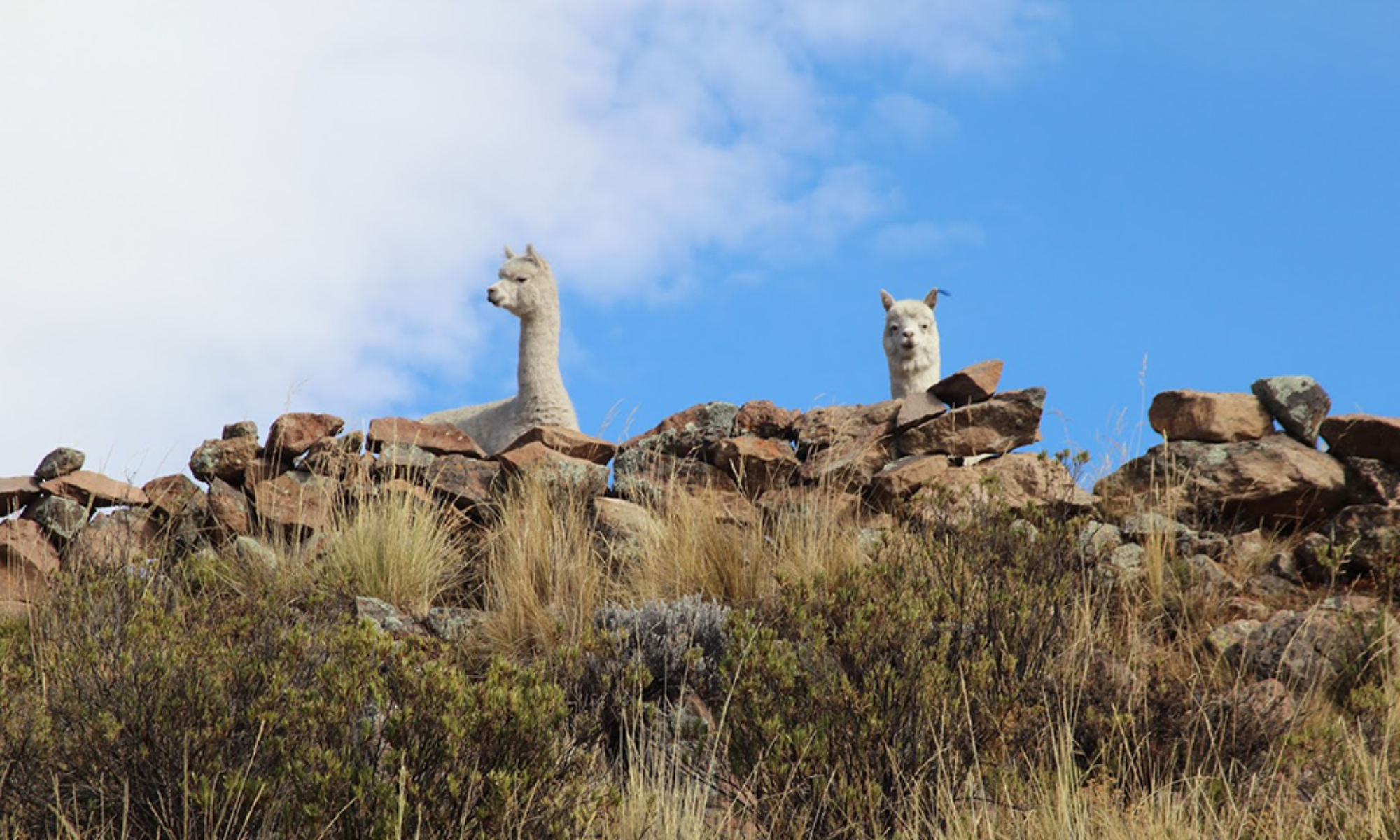
At both intellectual and personal levels, I see my research and teaching as mutually reinforcing and reciprocally connected. My long-term engagement with individuals and communities in the Peruvian Andes has instilled in me a deep commitment to representing their realities—past and present—with fidelity, and in terms that resonate with students of all backgrounds and orientations. These convictions form the core of what motivates me to approach my teaching as a core dimension of my anthropological vocation. Anthropology opened up the world to me as a first generation higher education student, and that sense of wonder and appreciation for the full breadth of human experience motivates my teaching. In teaching, I work out from this experiential core to convey what I believe to be anthropology’s unique contribution for students: to understand and document global human diversity and our common humanity. In a time of unprecedented, simultaneous social connection and social fragmentation, anthropological perspectives are urgently needed to convey how the taken-for-granted nature of students’ realities is connected to the lives of seemingly distant others, and to historical legacies and cultural forces of which they may be only dimly aware.
I try to leverage the sometimes seemingly remote nature of the topics I teach—the Inca Empire, ancient and colonial community organization, colonialism, missionary encounters in the New World, etc.—as a means of opening up a space of dialogue and debate about anthropologically-informed understandings of how societies work, how power in society is constituted, how social forces relate to social practices, and how and why cultures change through time. This has the effect, I believe, of not only unsettling conventional thinking, but also of providing students with the knowledge and intellectual skills needed to critically examine their own assumptions about what is “natural” or commonsensical in their enculturation and social lives. Such critical thinking is essential to a strong liberal arts education, and anthropology offers it in spades.
I also strive to confer concrete, transferrable, high-value skills in all of my courses. All of of my courses include experiential, hands-on components. These range from cutting edge 3D scanning of artifacts and excavation contexts, through geospatial analytics and remote sensing analyses, to experiments in ancient technologies, such as lithic production. These experiential components provide enacted, often team-oriented opportunities for learning-by-doing. Many students have established their careers based on the combination of the skills and the creative, out-of-the-box thinking they have acquired in these courses.
Below is a partial list of the courses I have taught at Vanderbilt:
Undergraduate Courses
- Introduction to Archaeology: The Rise and Fall of Civilizations.
- Introduction to GIS and Remote Sensing
- Archaeological Excavation (field course–dig on Vanderbilt campus). See stories here and here.
- The Inca Empire (See photos)
- Colonial Encounters in the Americas
- Anthropologies and Archaeologies of Community
- Religion in Cross-Cultural Encounters: Conversion and Transformation in the New World
- Digital archaeology: Analysis and Curation of Material Culture
Graduate Seminars
- Proseminar: Professionalization and the Practice of Anthropology
- Advanced Spatial Analysis
- Historical Anthropology
- Seminar in South American Archaeology & Ethnohistory
- Archaeology, History, Ethnohistory: Current Syntheses
- Digital Archaeology
